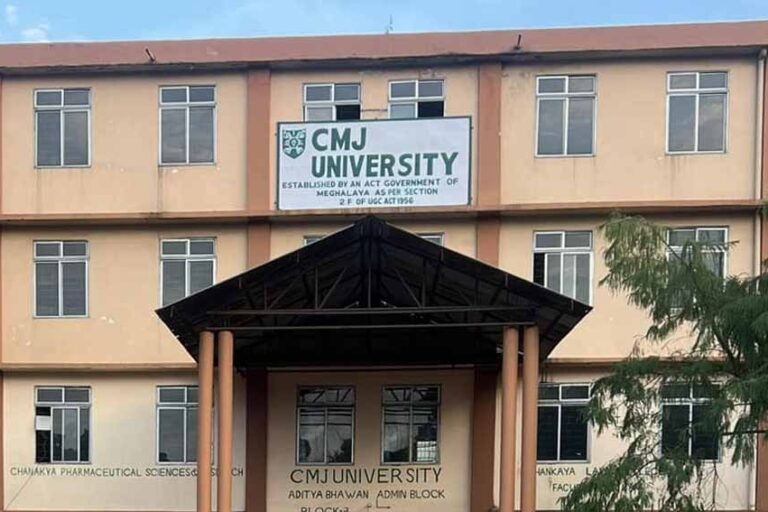CMJ University: Supreme Court Dissolution and Allegations of Educational Fraud
-
By EFC Team
Recent Posts:
Monad University Chairman Arrested: Uttar Pradesh STF Unearths...
71views
0likes
-
By EFC Team
- May 28, 2025
Warning Alert: Singhania University Teacher Education Degrees...
512views
17likes
-
By EFC Team
- May 6, 2025











